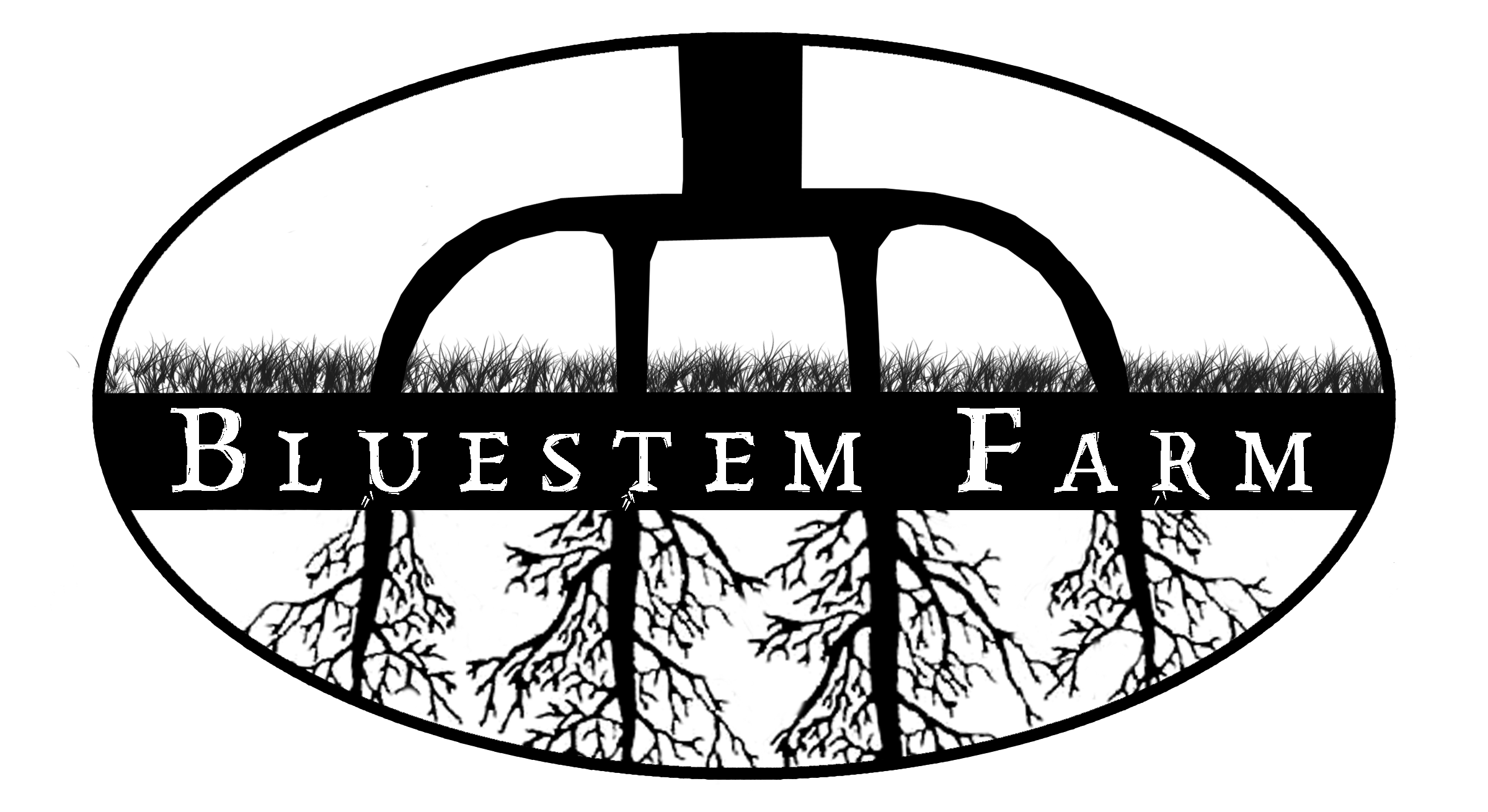Three Ways with Pasture-Raised Meat
When you're using whole, unprocessed ingredients, it's never good to have to start cooking from scratch at the same time you are hungry, am I right? It takes too long. This is especially the case with a big piece of frozen meat. The main thing to consider when grilling or roasting a whole chicken, for example, is the time it takes to thaw one.
Pasture raised meats almost always benefit from being salted ahead of time. I usually do this while the meat is thawing. Next to whole roasting chickens, pork chops (both bone-in and boneless) benefit most of all from this treatment. You can thaw the meat in salty water, a.k.a. brine, or just add the salt directly to the meat as it thaws.
Fortunately, ground pork items thaw a lot quicker than a solid piece of meat, and they don't require salting ahead of time. Hungry now? Breakfast sausage, chorizo, Italian sausage, and plain ground pork are the quickest path to dinner.
At our place, this often means breakfast burritos, sliders, burgers, or zoodles bolognese.
So we have meat that benefits from thawing while being salted (whole protein you cook over hot, dry heat, like roasting chickens or pork chops,) and ground meat that cooks quickly and doesn't need extra salting.
The third type of pasture-raised meats are the ones you want to cook slowly, using moist heat. Soup chickens, roasts, ribs, and hocks are the best candidates for this type of cooking. Think crock pot, Instant Pot, or Dutch oven. These meats generally love being cooked with acidic liquids like crushed tomatoes or wine. The flavor will be outstanding. But not without the benefit of long, slow, liquid heat.
You can find our pasture-raised ingredients at our farm store.

